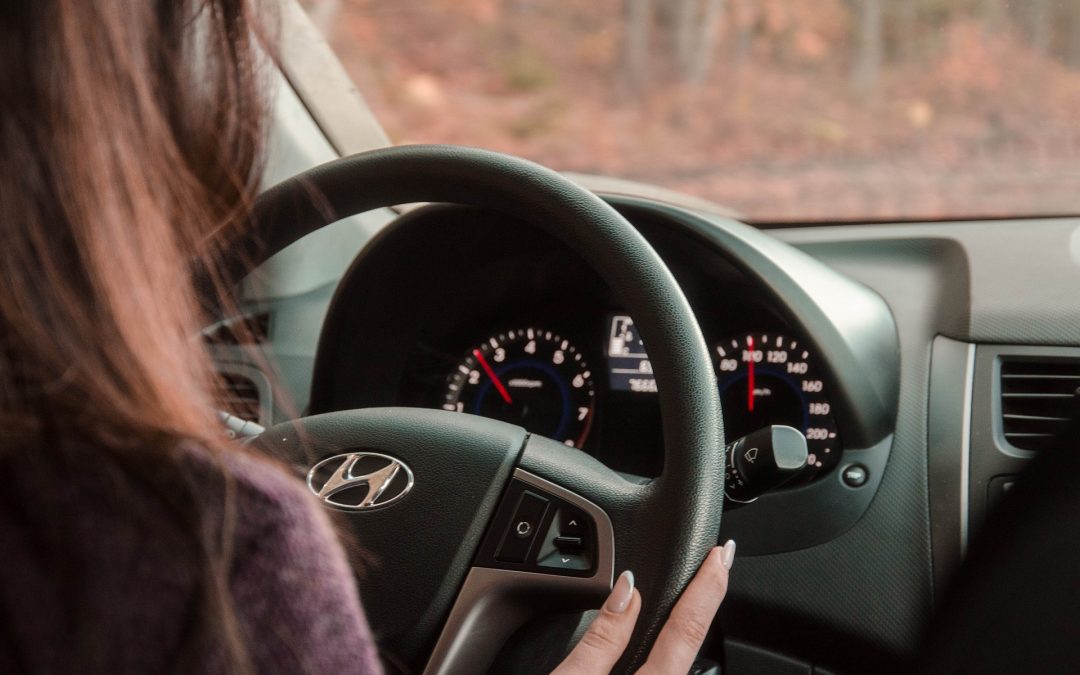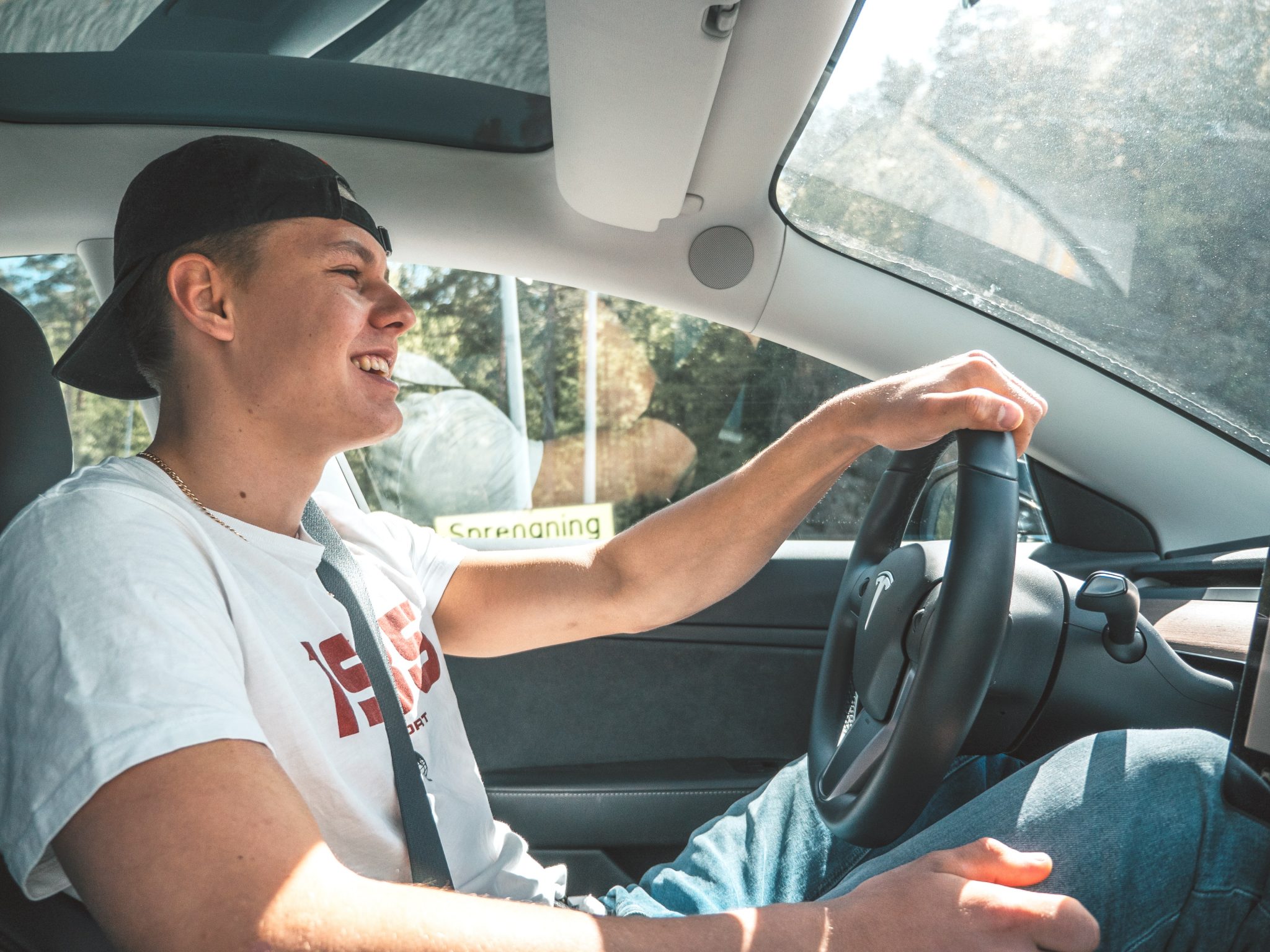Are you getting ready for your learner’s permit? Fifteen is a great age to start learning about the driving responsibilities and best driving practices. If you manage to make safe-driving techniques a habit in the early days of your driving career, it will become second nature later on.
But the whole system may be a bit confusing. What is a learner’s permit? How does it differ from a regular driving license? How difficult is the final exam? And how to best prepare for it? In this article, you will find answers to all of these questions.
What Is a Learner’s Permit
Let us start at the beginning. A learner’s permit is the only way for 15-year-olds to drive a car. In the US, there is a common thought that introducing driving slowly and controllably from a younger age results in you becoming a better driver later.
A learner’s permit is just that. In most states, you can apply for it when you are 15, and with the learner’s permit, you can only drive under supervision. This is the main restriction you will face, you have to have a fully licensed adult driver in the car with you and at all times.
Getting the permit is not as easy as it may sound. You first have to pass the written DMV exam, then practice driving under supervision, and then pass the driving test. After all this, you will be able to drive under restrictions until you reach maturity.
This process is more or less the same for each state. If you are younger than 18, you have to take driver’s education, work your way through its 30 hours of lessons, and finally pass the final exam.
How to Prepare for The Permit Exam
Students often consider the final exam as easy, they don’t devote enough attention, and quite often, they fail. There are two reasons why this kind of thinking is not good and even dangerous.
Firstly, the exam, and the whole course, are here to prepare you to become a responsible driver. Driving and safe driving are often two different things. As a teen driver, you are already lacking the experience, add to that your lack of commitment and knowledge, and you have increased teen driving accidents on the road.
The second reason is that the exam is not as easy as you think. You have to study and practice what you learned to pass. Now that you know why teens often fail the permit exam, you can follow the next few pieces of advice with careful attention.
- Study, Devote Time to Learning
Like any other test, the final exam for the learner’s permit requires your undivided attention. Get all the notebooks and read them cover to cover, take notes, study aloud, and try to explain the topics to your friends and family.
If you do all of the above, you will surely pass on your first try
- Practice Permit Tests
These are your bread and butter. If you go through enough online practice permit tests and you manage to pass all of them, you will be one step closer to a learner’s permit.
- The Night Before the Test
The night before is crucial to passing the test. It isn’t wise to spend the last night learning because you will have a lot less concentration the next day and you will be sleepy.
If you made a good schedule and you were learning constantly, the night before you can simply go through your notes, remind yourself of key facts, and go to sleep.
But How Many Practice Permit Tests?
Sadly, there isn’t a magic number that will ensure you pass the exam. You just have to judge how much you learned. And be honest with yourself, if you know you didn’t spend enough time and your practice test score confirms that, go back to learning.
And if you try to solve your first practice test and you succeed, don’t just let it go. Don’t think that if you passed once you can pass it again. Repetitio est mater studiorum, which is Latin for repetition is the mother of learning.
The recipe for a successful final exam is simple. Learn, prepare, take the practice test, repeat. If you follow this, you will surely pass on your first try. And you will be one step closer to a learner’s permit and a full driving license.




